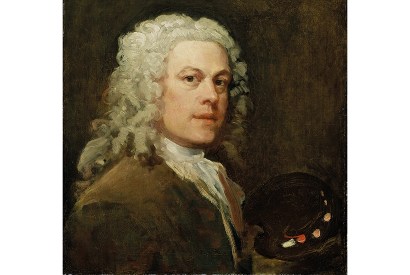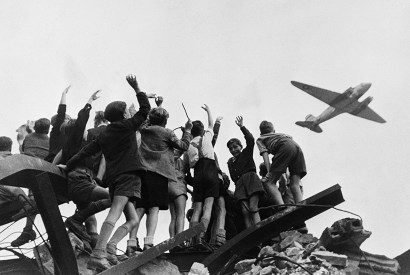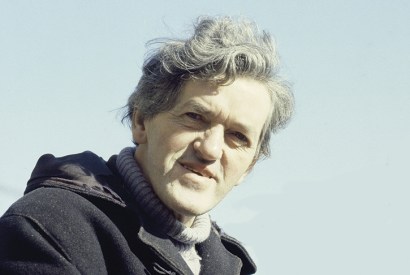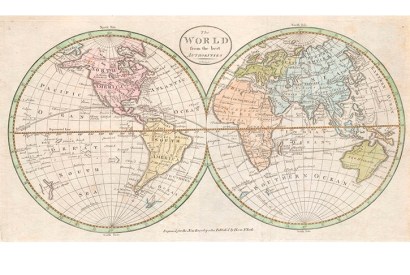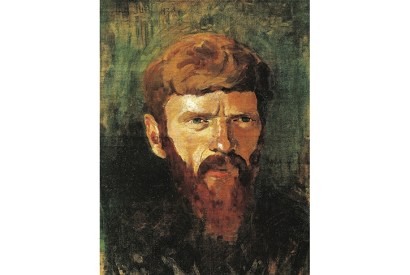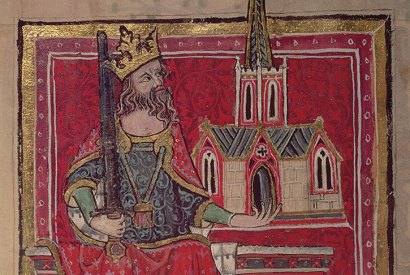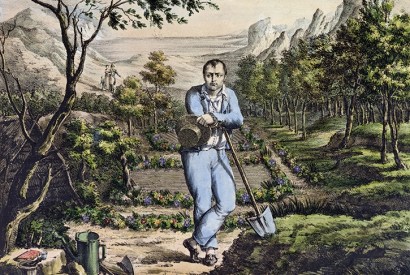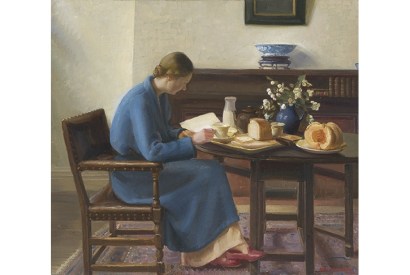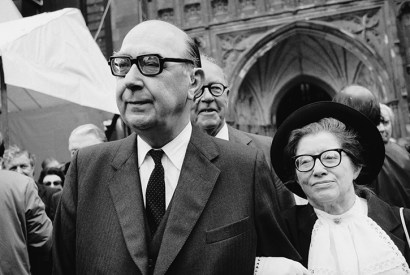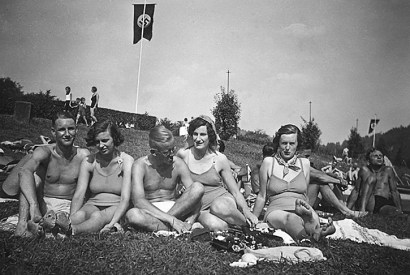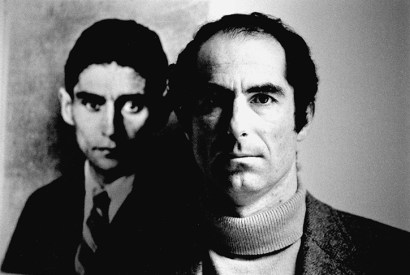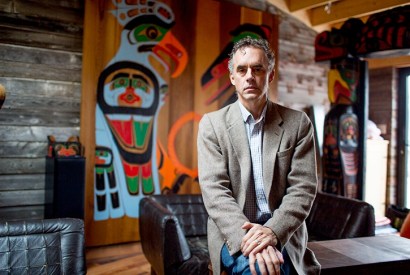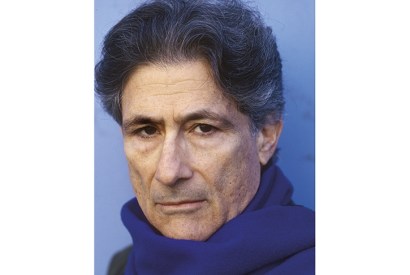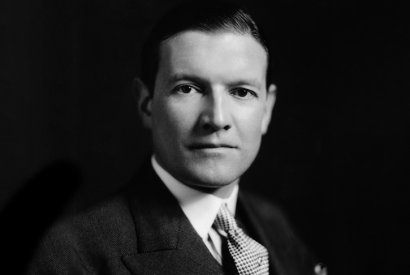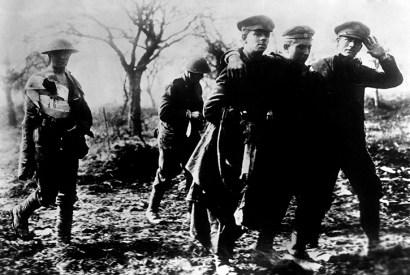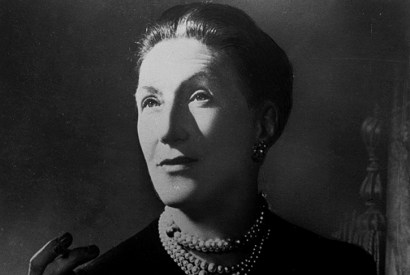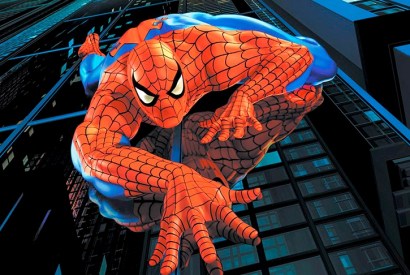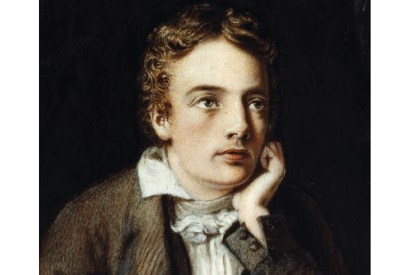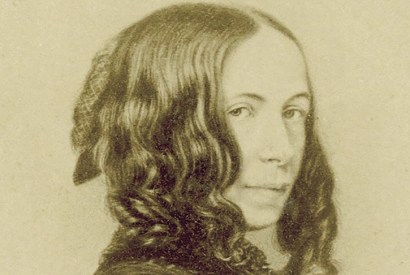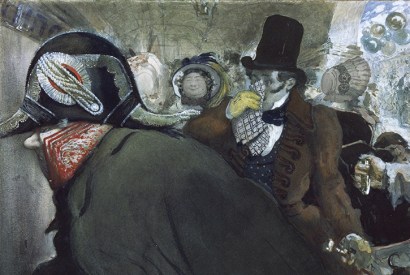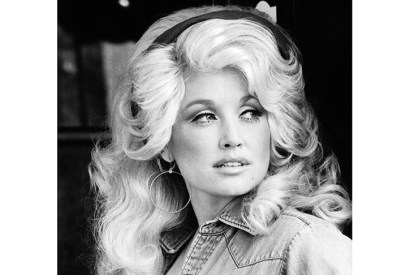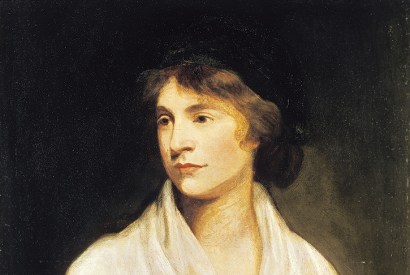Lead book review
How William Hogarth made Britain
A new biography of William Hogarth pays dutiful homage to his satirical genius but does not challenge its predecessors, writes Philip Hensher
A divided city: the Big Three fall out in post-war Berlin
Adam Sisman describes the toxic atmosphere in Berlin after the end of the second world war
The scandal of OxyContin, the painkiller that caused untold pain
The Sacklers’ callous greed has unleashed a tsunami of pain, says Ian Birrell
An orange or an egg? Determining the shape of the world
Simon Winchester follows the volatile French mission to Ecuador in 1735 to determine the shape of the Earth
Over the rainbow: D.H. Lawrence’s search for a new way of life
Philip Hensher describes D.H. Lawrence’s restless search of a new way of life
The evolution of England — from ragbag kingdoms to a centralised state
Alex Burghart describes England’s fitful development from a collection of warring kingdoms into a highly centralised state
Straight lines and grandiose schemes — Napoleon the gardener
Not content with imposing his will on nations, Napoleon tried to subdue nature too, says David Crane
Why should art have ever been considered a male preserve?
Sixty years ago, women were still excluded from the art history canon, says Laura Freeman
Two of a kind: Monica Jones proved Philip Larkin’s equal for racism and misogyny
Monica Jones certainly proved Philip Larkin’s equal for racism and misogyny, says Andrew Motion
An unsuitable attachment to Nazism: Barbara Pym in the 1930s
Vicars, tea parties and village fetes were a far cry from Barbara Pym’s early enthusiasms, Philip Hensher reveals
Bob Dylan — from respected young songwriter to Voice of a Generation
Bob Dylan didn’t just assimilate the Great American Songbook – he vastly increased its size and variety, says Andrew Motion
Philip Roth — most meta of novelists, and most honest
Philip Roth was prepared to stare the soul resolutely in the face – and for that he can be forgiven most things, says David Baddiel
The making of a monster: Paul Kagame’s bloodstained past
We have all become Paul Kagame’s useful idiots, says Nicholas Shakespeare
Jordan Peterson is the Savonarola of our times
Philip Hensher feels he should be on Jordan Peterson’s side, but finds it a struggle
Edward Said — a lonely prophet of doom
Even Edward Said would not have claimed to be ‘the 20th century’s most celebrated intellectual’. But neither was he ‘Professor of Terror’, says Justin Marozzi
Chips Channon’s diaries can read like a drunken round of Consequences
Chips Channon was conceited, snobbish, disloyal, voyeuristic and wrongheaded – all qualities most helpful to a great diarist, says Craig Brown
Up close and personal: voices from the Great War, week by week
As the Great War unfolds, voices we don’t usually hear describe with a terrible raw honesty the realities of their experience, says David Crane
The stuff of fiction: Elizabeth Bowen exploits her extra-marital affairs
Lara Feigel tells of the passion, pain and sexual exploitation involved in Elizabeth Bowen’s affair with a young married scholar
The serious rows at Marvel Comics
If Marvel characters seem dysfunctional, just look at their creators, says Dorian Lynskey
Imagining a future for John Keats — the novelist
Keats is a much stranger poet than we tend to realise – who shocked his first readers by his vulgarity and gross indecency, says Philip Hensher
Rescuing Elizabeth Barrett Browning from her wax-doll image
Elizabeth Barrett Browning was an ambitious, passionate, determined woman – not the sad-eyed invalid of legend, says Robert Douglas-Fairhurst
The art of the short story: what we can learn from the Russians
Viv Groskop takes a masterclass in the art of the short story
Dolly Parton represents all that’s best about America
Dolly Parton is the living embodiment of America’s best values, says Philip Hensher
The life and loves of Mary Wollstonecraft
Ruth Scurr reveals what an impulsive, life-loving individual Mary Wollstonecraft was

